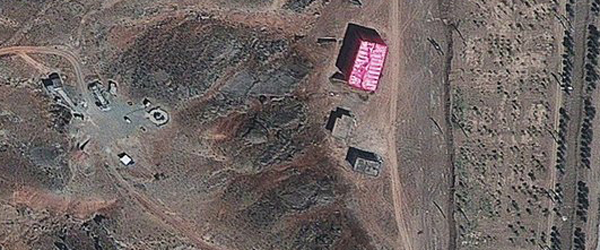
Stop Fundamentalism – The International Atomic Energy Agency, IAEA, is set to release another report on Iran’s advancement in its nuclear program and the threat of a nuclear armed Iran in the near future. On the other hand a reportedly intense meeting with Tehran that lasted 8 hours in Vienna failed yesterday as the agency did not succeed in compelling Iran to provide it access to an increasingly disturbing site known as Parchin.
Parchin is located inside a military zone and is suspected to be the site of nuclear explosive tests.
IAEA inspectors visited the site twice back in 2005 but since then no one has had access to the site. Recent satellite images show continuous developments that could be an indication of Iran’s effort to clean up traces of the nuclear tests taken place there.
IAEA also wants access to specific documents and scientists who were involved in the program. The agency says Iran, at least until 2003, and possibly after, has carried out “activities relevant to the development of a nuclear explosive device.”
There have also been various reports of Iran expanding its uranium enrichment program by adding up to 1000 centrifuges to its active production line. Most centrifuges are installed at underground facilities built deep inside mountains which make them hard to reach or damage by possible air attacks.
Meanwhile Israeli officials do not hesitate showing impatience with the international inaction particularly that of the U.S., with regards to Tehran’s race to acquire nuclear weapons. Experts predict that by next year, Iran will have enough enriched uranium of up to 20% purity that the country can start enriching weapons grade uranium which needs to be 80 to 90 percent pure. But then “it may be just one month” for Iran to have weapons grade uranium, warns David Albright in an interview with CNN.
While the United States clearly has stated that it will not allow a nuclear armed Iran, Obama administration officials try to calm the atmosphere emphasizing that there is still “time and space” to allow diplomacy and pressure convince the Iranian regime to give up its nuclear weapon development program.







